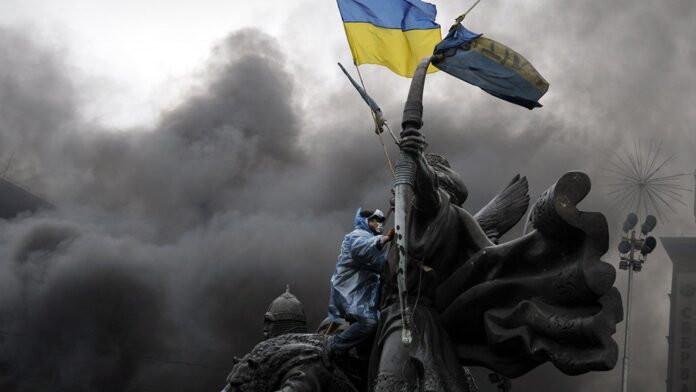Author: Richard Falk
Affiliation: Professor Emeritus of International Law at Princeton University
Organization/Publisher: Counterpunch
Date/Place: April 29, 2022/California, USA
Type of Literature: Analysis
Word Count: 2273
Link: https://www.counterpunch.org/2022/04/29/the-second-level-geopolitical-war-in-ukraine-takes-over/
Keywords: Ukraine, NATO, UN Secretary-General, Antonio Guterres, Geopolitical War
Brief:
The war in Ukraine is at three levels. The first level was started on February 24, 2022, when Russia launched an explicit attack against Ukraine’s sovereignty and territorial integrity. The second level was harder to distinguish in the early weeks of the war, but it quickly became clear as NATO countries led by the US placed an increasing focus on offering increased support to Ukraine’s chosen goals of obtaining an unexpected military triumph. This help has consisted of a regular supply of heavy armaments, powerful economic assistance, severe sanctions, and a drumbeat of ‘official’ demonization of Russia and its leadership which includes censoring its responses. At first, it appeared reasonable to provide support to Ukraine as the victim of an attack and to applaud President Volodymyr Zelensky’s resistance effort. The third level of the war continues in this internal context since there is no doubt that anti-Russian elements in Western Ukraine have been highly abusive toward most Russian-speaking people in Eastern Ukraine known as the Donbas region. The UN Secretary-General, Antonio Guterres, has also expressed a perspective on the Ukraine Crisis that differs fundamentally from the viewpoints espoused by political players on the three levels of conflict. His comments and proposals are far more in line with the demands of civil society and the Global South. Shortly after Russia launched its attack, he stated succinctly, “End the hostilities now.” “Make room for discourse and diplomacy.” “A ticking clock is a ticking time bomb.” Understanding the intricacy of the Ukraine War requires unraveling the linked nature of these three levels of conflict entangled in the war’s ambiguities and analyzing whether proposed ideas are beneficial to the general improvement of humanity. It also aids the identification of unresponsive policies. By understanding these three levels of the war, Falk believes that two overwhelming outcomes may emerge—stopping the slaughter and utterly condemning the Geopolitical War.
By: Maryam Khan, CIGA Research Associate




